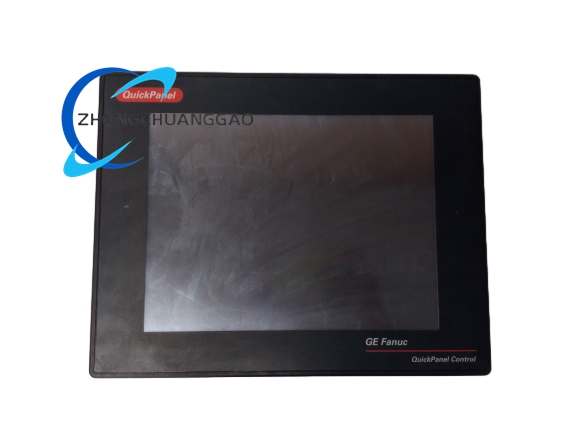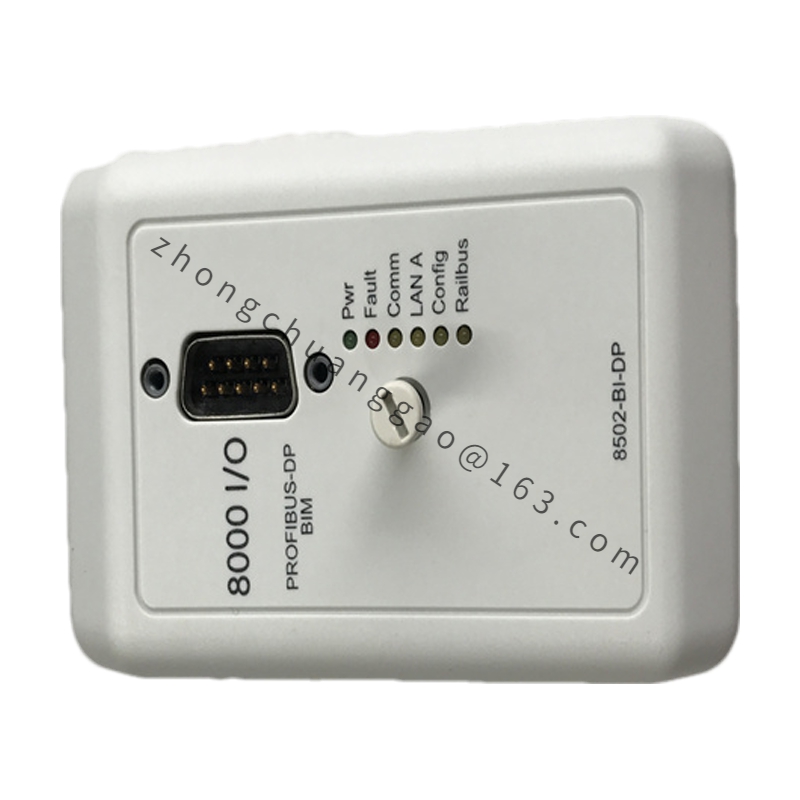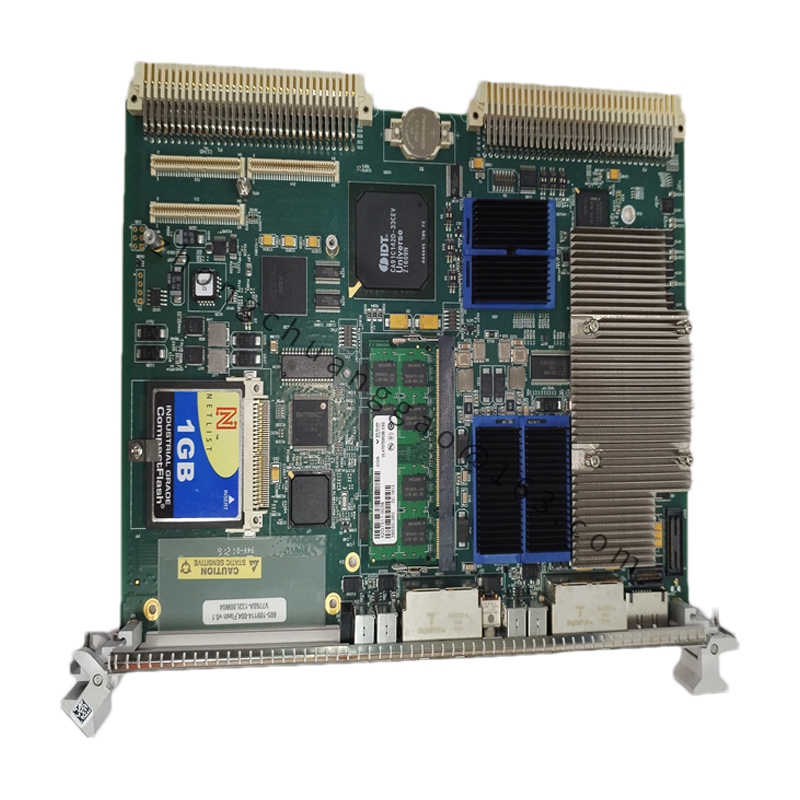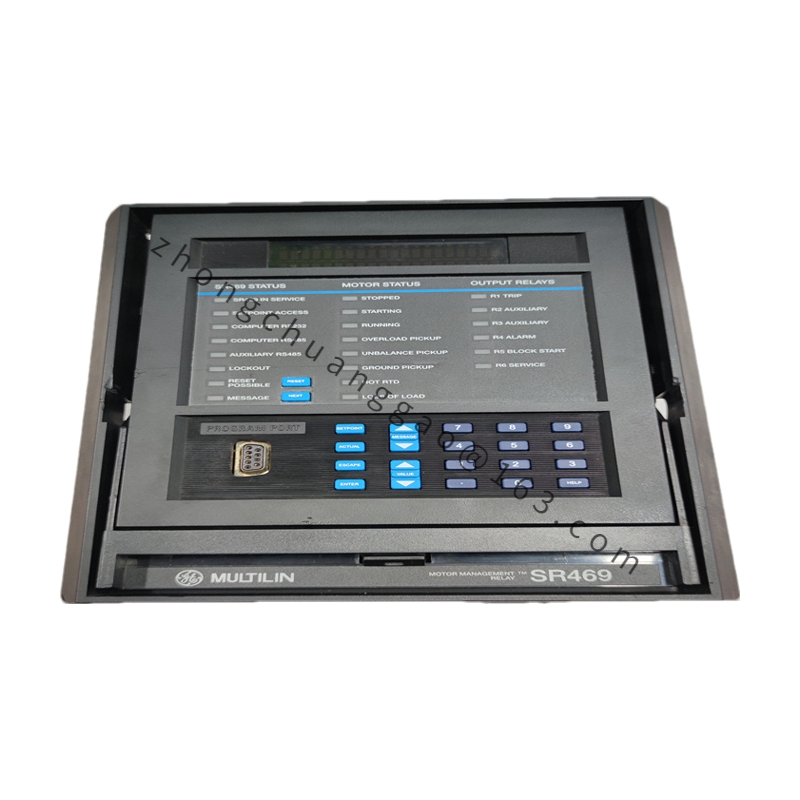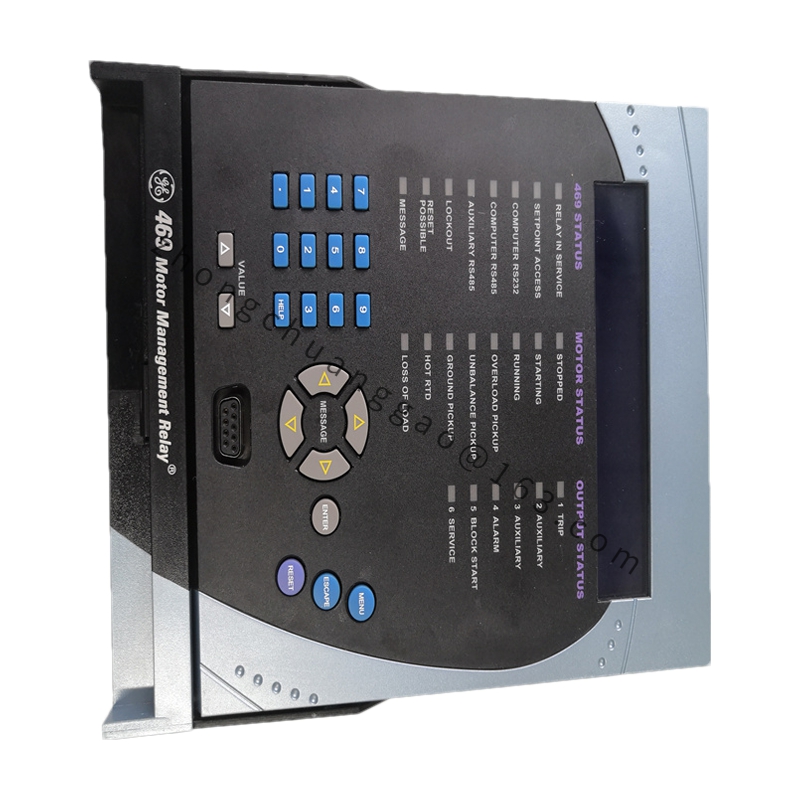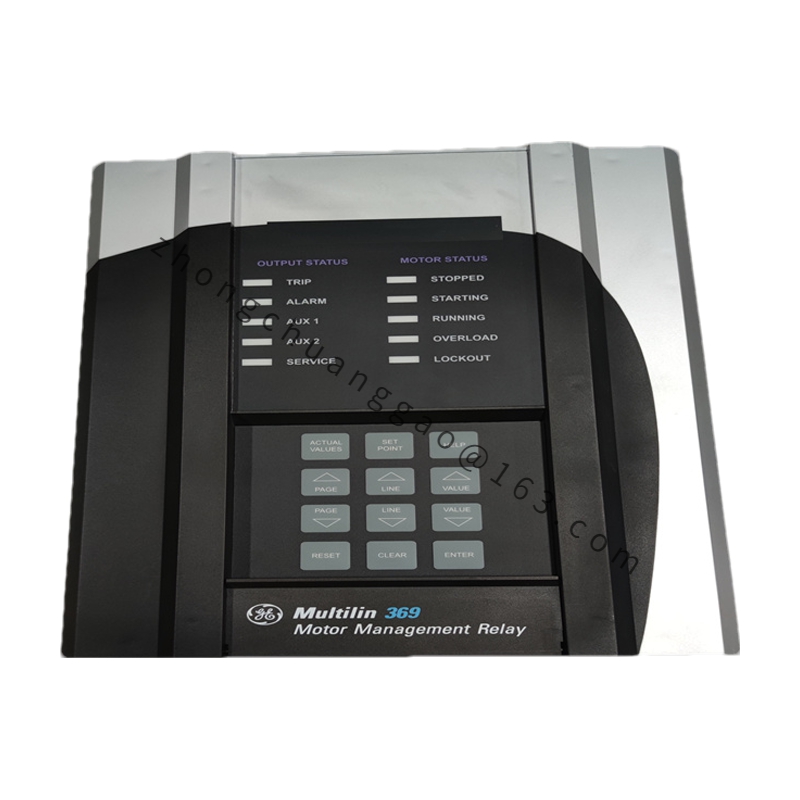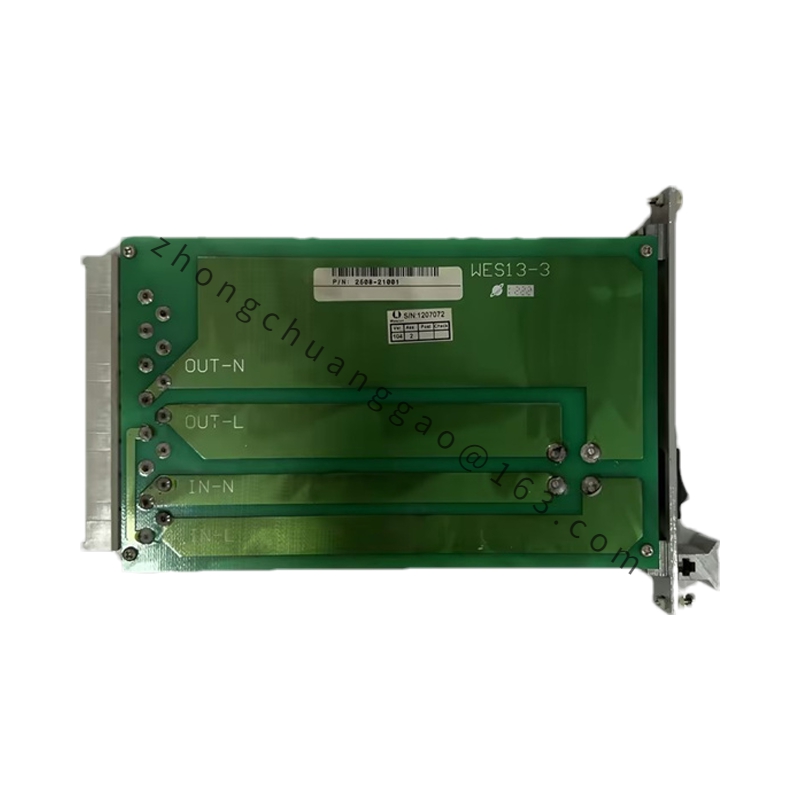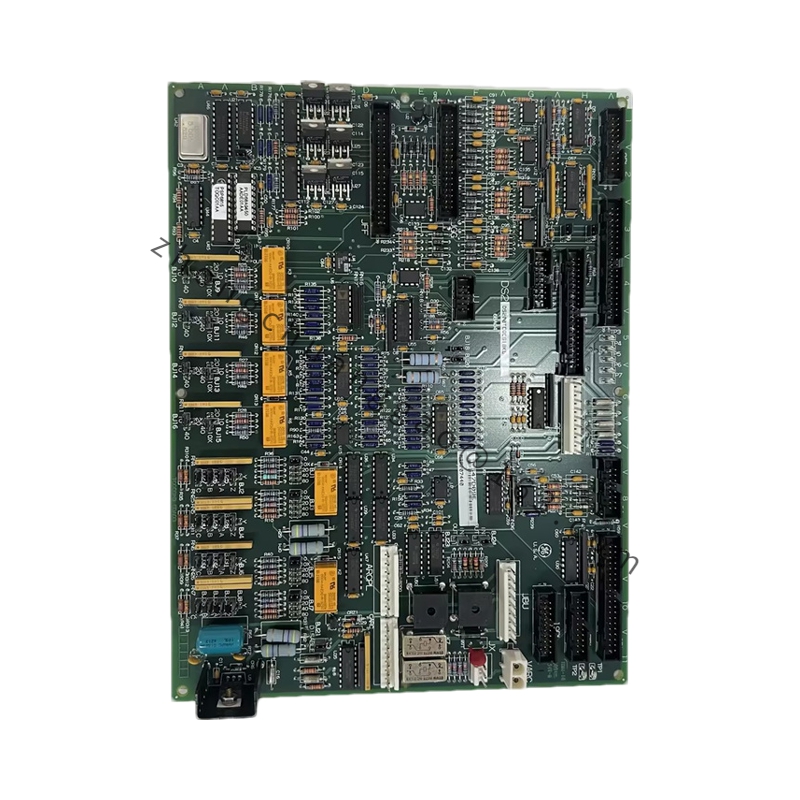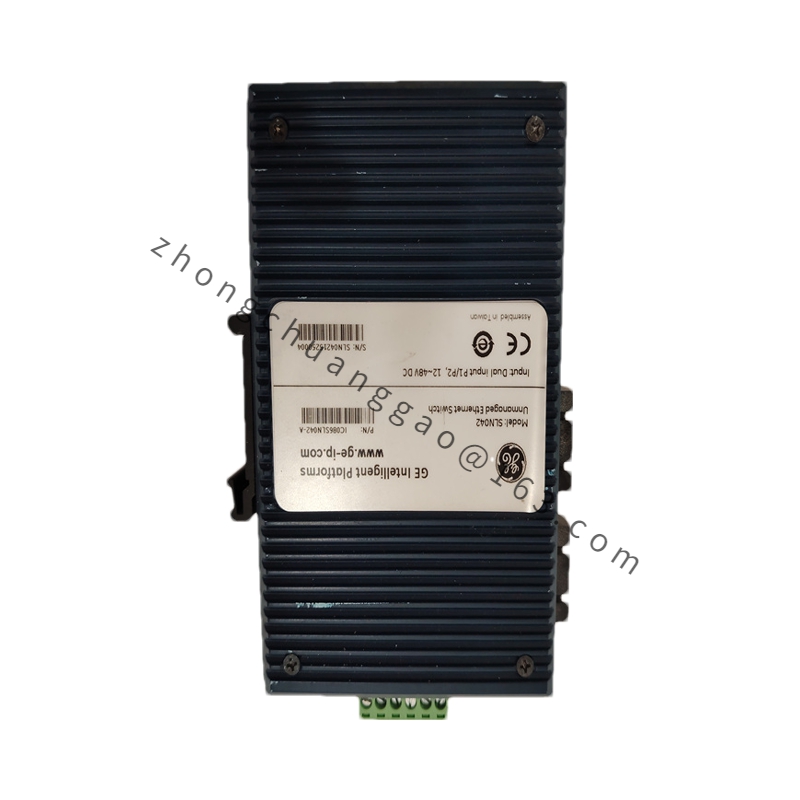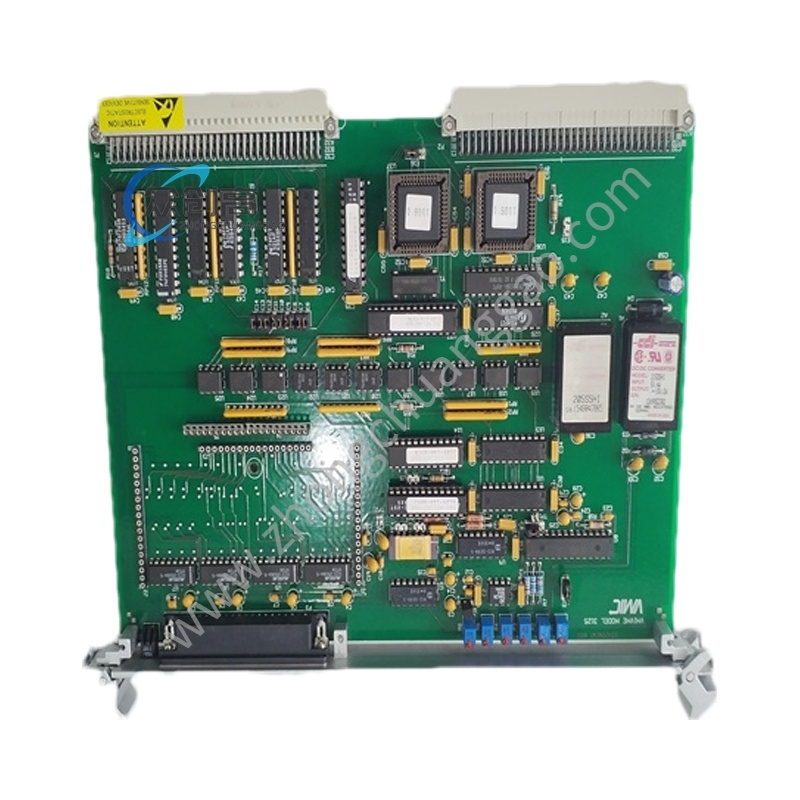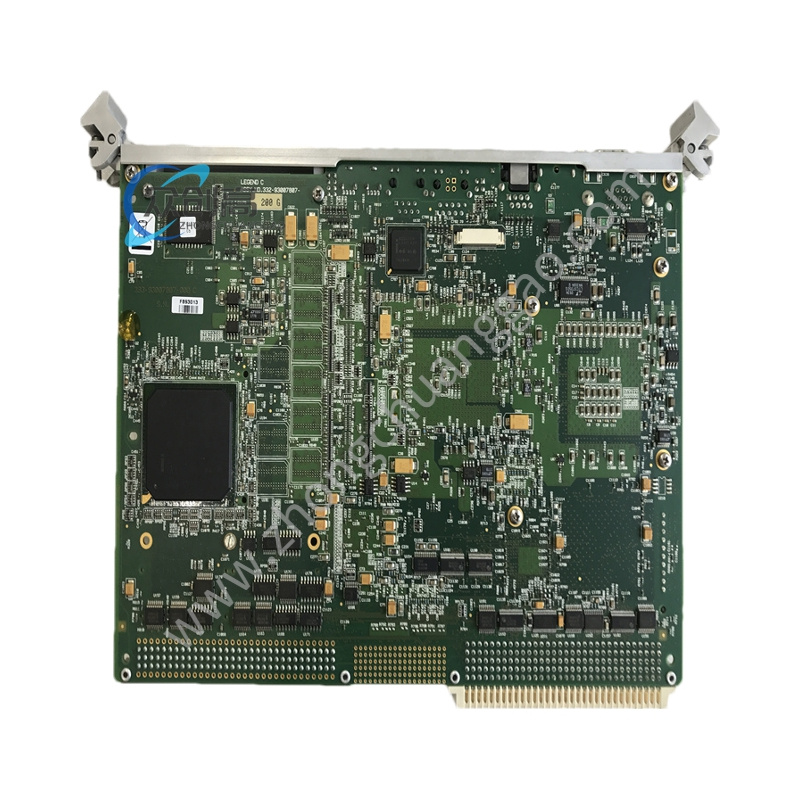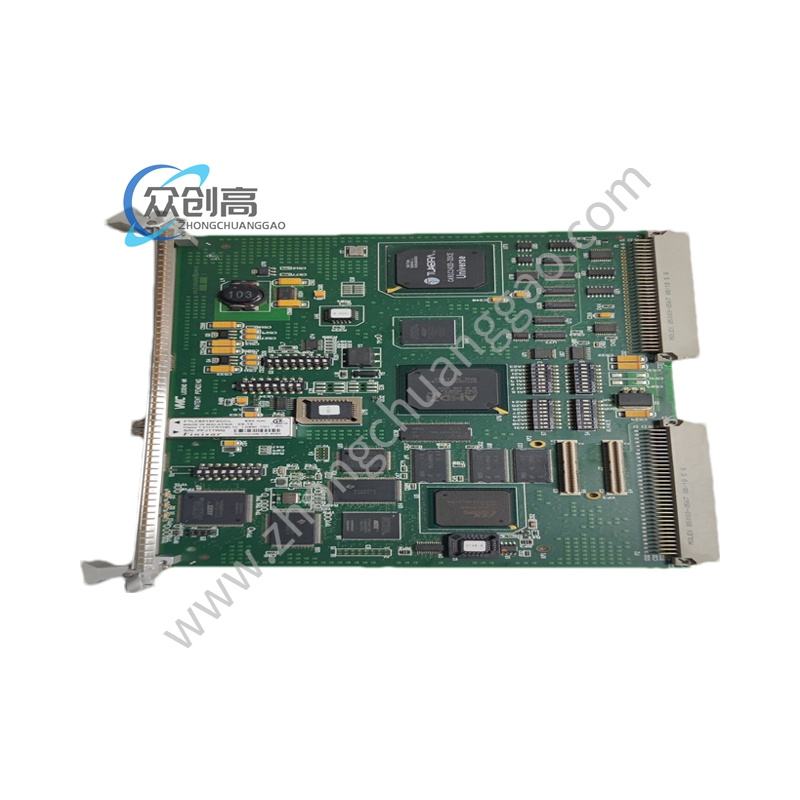GE IC754VSL12CTD-HH
Technical Specifications
- Display: 12-inch TFT color LCD with a resolution of 800 × 600 pixels, providing clear visual feedback.
- Touchscreen: Resistive touch technology, supporting operation via fingertips or stylus (gloves compatible).
- Processor: Intel XScale PXA255, clocked at 300MHz, ensuring responsive performance.
- Memory: 64MB internal storage (specific RAM details may vary; some sources indicate 256MB RAM/512MB Flash).
- Operating System: Windows CE.NET or Proficy View Machine Edition software for configuration and programming.
Detailed content
- Communication Interfaces:
- 1x RS-232 port and 1x RS-485 port for serial communication.
- Optional Ethernet port (specific models may vary).
- CompactFlash slot for expanded storage or program transfer.
- Power Requirements: 12–30VDC, with a power consumption of ≤15W.
- Environmental Specifications:
- Operating temperature: -20°C to +60°C.
- Storage temperature: -30°C to +70°C.
- Humidity: 85% RH (non-condensing).
- Enclosure rating: IP65 (front panel), NEMA 4/4X for dust and water resistance.
- Physical Dimensions: Approximately 305 × 235 × 68 mm (12 × 9.25 × 2.68 inches).
- Weight: Around 3 kg (6.6 lbs).
Key Functional Characteristics
- User-Friendly Interface: The 12-inch color display supports customizable graphical interfaces, trend charts, and alarm management for efficient operation.
- Flexible Communication: Compatible with RS-232, RS-485, and optional Ethernet, enabling seamless integration with PLCs, sensors, and other industrial devices.
- Robust Design: Built to withstand harsh environments, including dust, moisture, and vibrations, with an IP65-rated front panel.
- Data Handling: Stores historical data and event logs for troubleshooting and process optimization.
- Programming Software: Supports Proficy View Machine Edition for intuitive HMI development and customization.
- Legacy Compatibility: Designed to work with older GE automation systems, facilitating cost-effective upgrades without replacing entire setups.
Application Scenarios
- Manufacturing Automation: Controls assembly lines, CNC machines, and robotic systems for precise operation.
- Process Control: Monitors parameters in chemical, pharmaceutical, or food and beverage production.
- Energy Management: Tracks power generation and distribution in substations or renewable energy plants.
- Water/Wastewater Treatment: Automates pump stations and filtration processes.
- Building Automation: Integrates HVAC and lighting systems in smart infrastructure.
- Transportation: Manages traffic signals or railway signaling systems.
- Oil and Gas: Monitors pipelines and drilling operations in remote locations.

